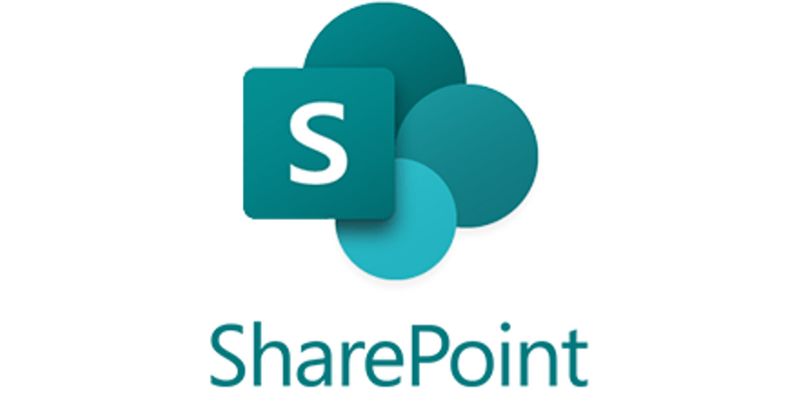Overview
Grasp the science of R Programming for Data Science and how it relates to launching a lucrative career. Prepare for future R Programming for Data Science needs by looking beyond the ongoing R Programming for Data Science impact with Discover Training’s up-to-date R Programming for Data Science course .
Discover Training’s R Programming for Data Science course gives you a solid foundation in R Programming for Data Science in many settings of human development. With industry expert interviews, you’ll gain a greater understanding of R Programming for Data Science‘s applications and limitations, as well as how it’s already been efficiently used in the field. Discover Training’s R Programming for Data Science course will help you obtain facts and knowledge to strengthen your abilities on both standard R Programming for Data Science techniques.
As you progress through the interactive modules of this online program, you will have a strong grasp of R Programming for Data Science to identify new opportunities for innovation and drive digital growth within your organization. Enrol in the R Programming for Data Science course today and leverage your knowledge tomorrow.
Description:
Industry professionals developed the content of this online R Programming for Data Science course, combining their expertise and in-depth knowledge. The curriculum was developed by Discover Training to assist you in growing in your current role by providing you with the necessary information and concepts. As you progress through the modules of this course, you’ll learn the fundamentals of R Programming for Data Science and explore the essential concepts.
Who is this course for?
This R Programming for Data Science course is for you if you want to learn about the revolutionary potential of R Programming for Data Science. Whether you are a newbie or a seasoned veteran, a grasp of challenges that R Programming for Data Science techniques can tackle would benefit anyone working in the R Programming for Data Science sector. This R Programming for Data Science training covers crucial subjects that will help you overcome challenges and improve your practices.
Requirements:
- Prerequisites: None
- Age Limit: 16+
- Gadgets: Smart devices and internet
Certification
Once the R Programming for Data Science course is successfully completed, the learner can obtain the PDF certificate without any cost. The hardcopy version of the certificate is also available for only £9.99. However, anyone ordering the hardcopy certificate from outside the United Kingdom may need to pay an additional delivery charge.

 6.5 Hours
6.5 Hours Course Certificate
Course Certificate

 25 Student
25 Student


